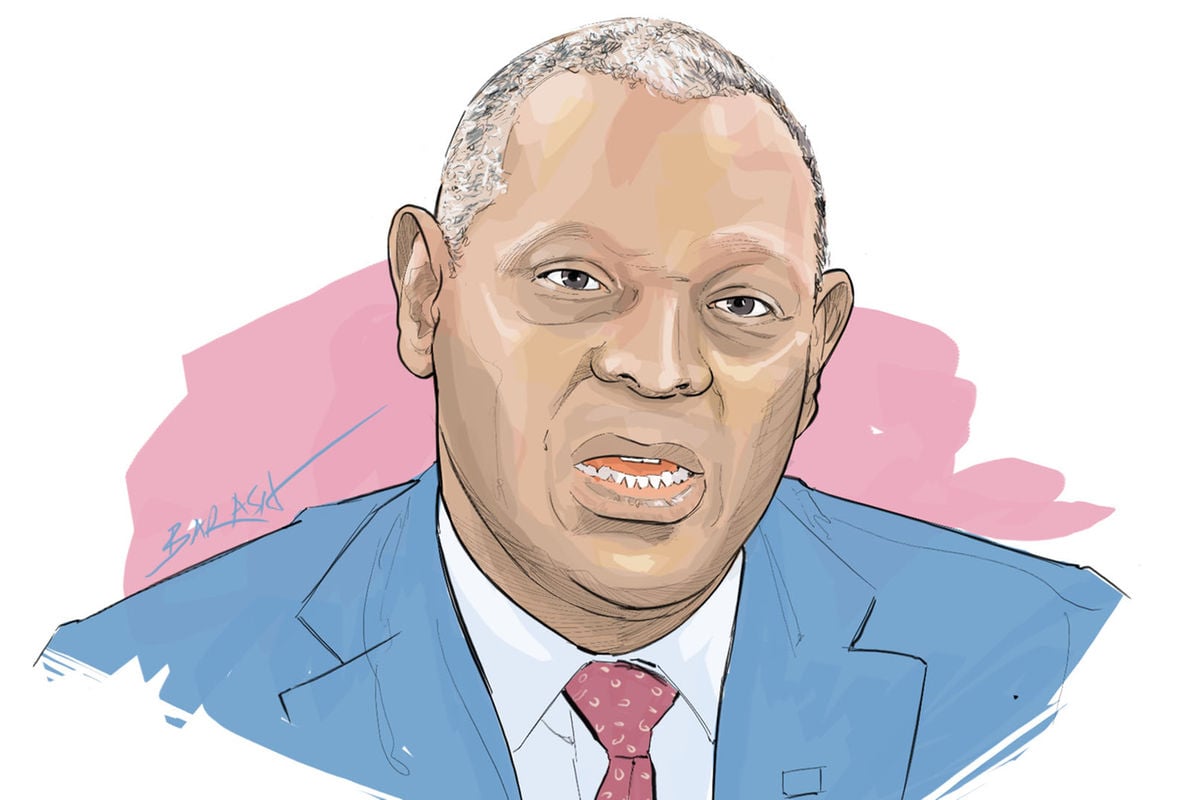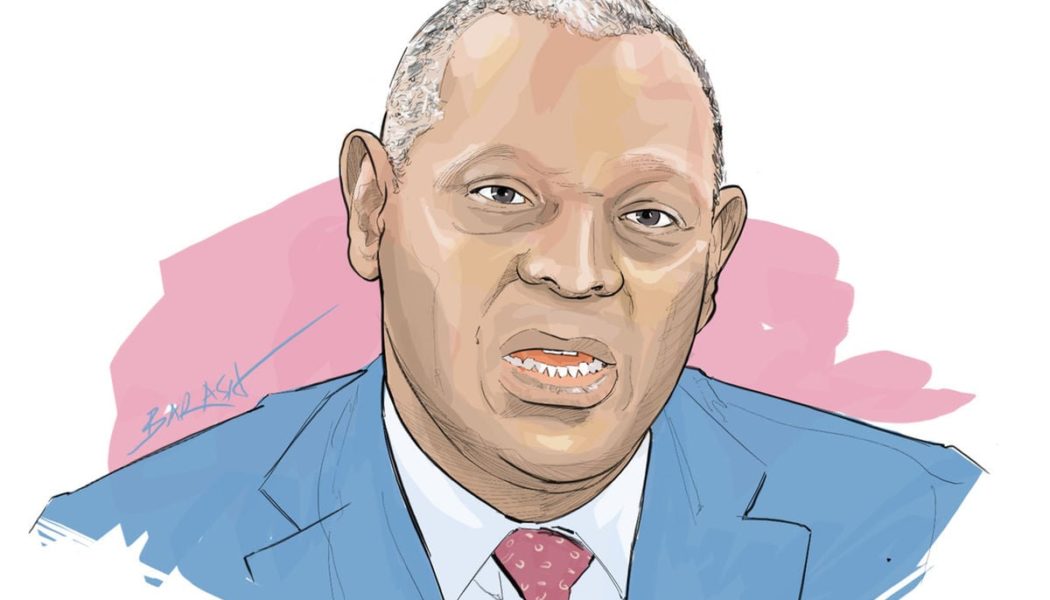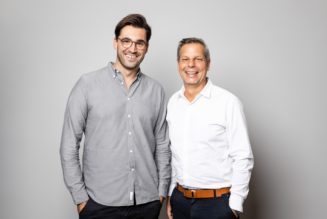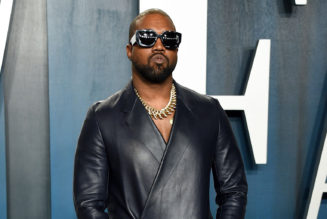
Equity Group this week announced a 13.6 percent rise in net profit to Sh39.3 billion in the first nine months ended September 2024 as earnings in the Kenyan unit recovered and costs grew at a muted pace.
James Mwangi, Equity Group CEO spoke to Business Daily on the recovery of performance in the Kenyan unit, the outlook for the remainder of the year, the emerging lending opportunities in the economy and how the lender has succeeded in tapping talent from global institutions.
Equity Kenya performance has recovered from the decline in profitability that had been seen last year and even extended to half year of 2024. What worked in the third quarter?
What has really worked is the restructuring of our balance sheet. The Sh130 billion of foreign-denominated loans that we have paid were very expensive.
These loans were previously priced at an average of 3.2 percent, and they had come to 11 percent. So, they were about four times more expensive, and this was affecting our topline, where interest expense was growing twice as fast as interest income.
The second thing was to focus on productivity. We told ourselves that if we could not control anything else because of macroeconomics, there is one thing that was within our control as staff. The staff increased their productivity significantly and that has brought out efficiency.
Our non-performing loans (NPLs) had also peaked and so we no longer needed to build more provisions this quarter. So lower provisioning and lower cost of risk from 3.5 percent to 2.2 percent made a huge difference.
Going forward, what will contribute more is loan recovery. I am seeing the fourth quarter of this year and the first quarter of 2025 will help us have NPLs of single digit. That reduction, from above 13 percent to maybe 8-9 percent, hopefully by March is significant and will release a lot of the suspended interest into income.
If we make recoveries of two or three of the big loans, the fourth quarter will be the best performance for the group in a long time. Our growth in profit can jump from 15 percent to 25 percent within one quarter and that is what I anticipate.
The shilling has stabilised against the dollar, inflation is now muted, the economy is past the street protests and floods and interest rates are beginning to fall. What is the outlook for the remainder of the year?
I think Kenya has seen that it has limited choices and it has really then chosen to focus on getting the economy to jumpstart. A reduction of interest rates will stimulate the private sector to revive projects and look at expansion.
At the same time, when we get more disposable income, we will see more consumption and that is the vibrancy we need. But this vibrancy will not happen unless interest rates come down.
I am glad inflation is at the right level and so there is headroom for us to be able to reduce rates, with the guidance of the Central Bank of Kenya. This will give businesses the appetite to borrow and the wheels of the economy will start rotating.
You mentioned that Equity Group has Sh180 billion deals in the pipeline. Which sectors are showing more interest in terms of the appetite to borrow, given that credit growth has been largely constrained?
We are seeing the transition of the economy, even though it is early days. We are seeing a focus on manufacturing and this is for exports in the region.
We see for the first time that the export to America is for manufactured goods and not the raw materials and this is a huge change, helped by the special economic zones in Athi River and the Agoa (African Growth and Opportunity Act) opportunities.
That ability for the country to shift from raw materials to processed goods is a big opportunity. We are also seeing the country manufacture goods like plastic tanks for the region. It is no wonder our [Kenya] trade with DRC Congo has increased substantially.
Out trade with Uganda, Tanzania and now DRC, is increasingly in finished products. That is where most of our [Equity] funding is going to so as to move the economy from a primary material exporter to finished goods exporter.
So manufacturing accounts for most of the deals in the pipeline, followed by agriculture. Agriculture is significantly in agro-processing where we are seeing significant value addition.
We are also seeing early signs of transformation of agriculture from rain fed to irrigation and green houses and this is presenting lending opportunities.
Your borrowed funds have dropped since December last year. What is behind this given that you had really grown this especially from the time Covid-19 struck?
It was difficult to participate in global borrowing because of high interest rates and volatility on exchange rate.
We have built a working relationship with 24 development banks and as the situation changes and the market demand for dollar-denominated loans increases, we will go back and borrow. We will wait for the interest rates to come down to 3-4 percent so that we can borrow and continue lending to our customers at between 6-8 percent.
Ideally, we want to participate in this area because we want to be the catalyst of cross-border trade and the AfCTA (African Continental Free Trade Area) opportunities and the best way to do that is to fund those exports in dollars, because the earnings are also in dollars.
Inflation has stabilised at about two percent globally and this gives room for continued cutting of interest rates. LIBOR was at 5.5 percent and is now down to five percent and so it is still a long way to go, given that it started at 0.1 percent.
It may take us 2-3 years for interest rates to be at a level that allows us to effectively borrow and give the benefit of dollar-denominated loans to our customers.
Nearly every quarter you are introducing senior people that you get from global organisations. What is the secret of winning the seemingly increasing war for talent?
Equity is no longer the bank that you could compare with the regional or national champions. You can only compare it with global banks because it has transformed itself and most likely, it will be Africa’s strongest champion in the financial sector by 2030.
The secret to winning the talent war is simple: create a safe environment. The greatest talent we are attracting now is women. It speaks of a secure environment.
The second thing is competitive salary. That way, you become an employer of choice. But for older people, the salary is great to have but they are asking if the organisation will take care of their families.
When we take care of the family in terms of high quality health insurance, 20 percent pension contribution and assure them that in the event of death we give their family eight year of gross salary and then add employee ownership scheme so that they can also work for themselves, I don’t think there is a company that can easily outdo us on talent war.
We have thought about short term, medium term and long-term interest of employees because this organization was never built by strong shareholders. I was only 28 and without money but I enjoyed the trust of gifted people.
So it is about attracting gifted people and that is why the Equity leadership programme has seen us take thousands of gifted kids to school. That talent is now available for Equity. Nearly 2,000 of our staff are from this programme.
Many insurers are making underwriting losses and depending on investment income for sustainability. What is the strategy for Equity to start making money from underwriting business alone?
We chose that if we enter insurance, we are not doing so as an investment arm but to really make it happen in terms of insurance business. If you look at the profit we have made, it is explicitly from the insurance business.
We feel the reason insurance has not been very successful is the trust issue and this is because of not paying claims promptly. And that delay is what creates an opportunity for investment income.
We chose to take the challenge of delivering on the promise of being there when the insured event occurs. We pay within seven days of a claim and this is going to give us exponential growth in terms of business.









